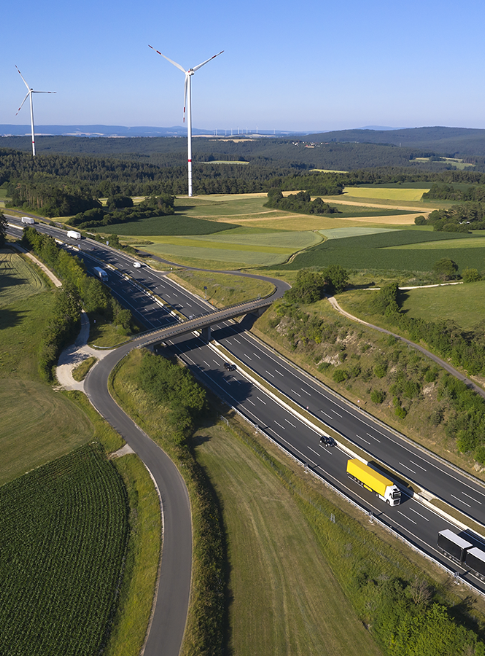A competitive economy in the Western Balkans is good for the region and good for Europe. Yet despite much progress and potential, disparities in the level of prosperity within the region and with the EU remain.

One of the ways of driving economic growth is to improve economic integration. A larger, integrated market is more attractive for foreign investment and a stepping stone for closer integration with the EU.
This was the reason for leaders of the region adopting the Common Regional Market initiative in 2020. Supported by the EU, this builds on earlier achievements of the Regional Economic Area. Greater integration based on EU rules and standards will attract more investment, help address economic fragmentation, and bring the region closer to the EU and its single market.
What are the challenges?
With a population of 18 million people, the Western Balkans region is an important market for the EU and a transit area for European and international goods, with a skilled workforce for companies ready to invest. The EU is the largest trading partner and investor in the region.
The COVID-19 pandemic brought to the fore the high level of market integration and inter-dependence between the EU and the Western Balkan economies, as well as between the regional economies themselves. Yet, despite much progress, the region’s economies continue to lag behind the EU. Key challenges include:
Improving the integration of the economies of the Western Balkans – both within the region and with the EU – is, therefore, a priority.


How is the EU responding?
Recognising the need for deeper economic integration – both intra-regionally and with the EU – the leaders of the Western Balkans launched the Common Regional Market initiative in 2020. This is structured around the four freedoms (free movement of goods, services, capital and people) while also covering aspects of digital, investment, innovation and industry policy. This makes it the most ambitious regional integration effort to date in the Western Balkans.
Supported by the EU, this builds on earlier achievements of the Regional Economic Area (REA) as the first regional initiative of its kind. Some successes of REA include agreement on a regional investment reform agenda, increased mobility of higher education students, reduction of roaming charges in the region, and increased intra-regional trade
The Common Regional Market will take this forward to another level. It will put the region on the map for global investors, creating jobs and offering greater choice at lower prices for consumers. It will enable people to work throughout the region. And it represents a stepping-stone to integrate the region more closely with the EU single market even before membership.
Ongoing support
Anchored in the EU’s recovery efforts and underpinned by the EU’s Economic and Investment Plan for the Western Balkans (EIP), the Common Regional Market initiative will play a central role in creating a strong economic base to relaunch and modernise the economies of the region.
A strong commitment is also required from the Western Balkans partners to implement reforms, for example in the areas of the rule of law and respect for fundamental rights, and put in place measures to improve the business environment. Meeting EU norms and standards is essential for exporting to the EU.
The Regional Cooperation Council (RCC), the Central European Free Trade Association (CEFTA), the Western Balkan 6 Chamber Investment Forum and the Western Balkans Transport Community play a prominent role in coordinating and supporting the Western Balkans in this endeavour.
Support centres on:
Regional trade area – Enabling the free movement of goods, services, capital and people, including building on the Green Lanes initiative, aligning with EU-compliant rules and standards and providing opportunities for companies and citizens like
Regional investment area – Aligning investment policies with the EU standards and best international practices and promote the region to foreign investors.
Regional industrial and innovation area – Transforming the industrial sectors, shaping value chains they belong to and preparing them for the realities of today and challenges of tomorrow.
Please wait while your video is being uploaded...
Don't close this window!